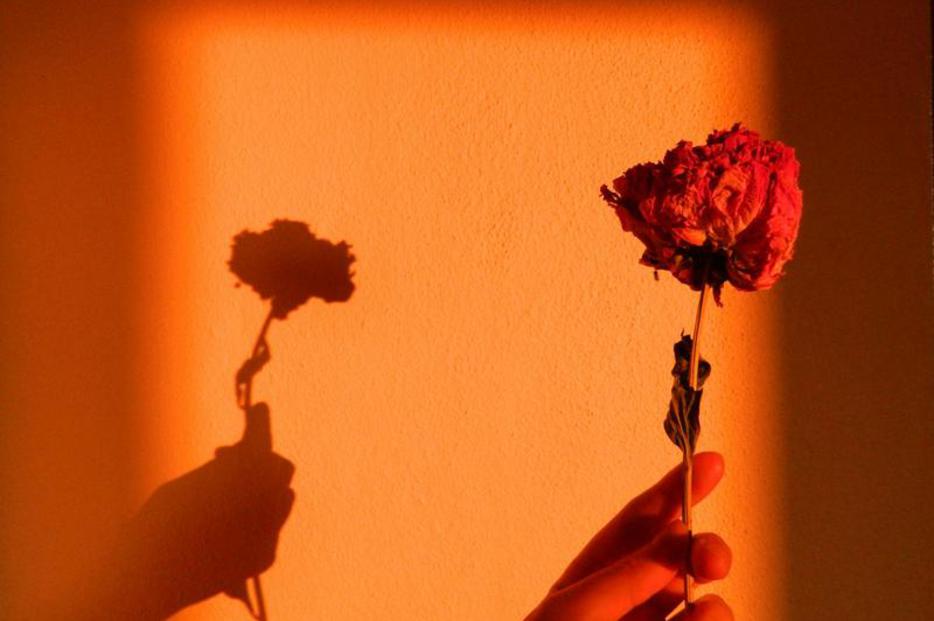by Tara Friedman
December 3, 2024
Tara Friedman currently resides in Eastern Pennsylvania with her husband and family. When not writing or teaching, she is happily immersed in a variety of outdoor activities. She proudly serves as English faculty at Widener University in Chester, Pennsylvania. While she presented and published on critical thinking and writing center theory and pedagogy, her current research focuses on resilience in children and young adults, literature and the environment, and American humor.
The World with Its Mouth Open by Zahid Rafiq; Tin House; 192 pages; $17.95.
Former journalist Zahid Rafiq introduces eleven piercing stories in his debut collection The World with Its Mouth Open. Each snapshot presents everyday encounters, from a young boy’s educational journey to a reporter’s conversations with a local shopkeeper, as well as an expectant mother’s market walk, all set in war-torn Kashmir. While Rafiq’s succinct writing focuses on thematic explorations of loss, violence, and injustice, his powerful storytelling and brief moments of reprieve demonstrate the haunting complexity and delicate nuance of an investigative writer struggling to comprehend the interconnectedness of humanity: both the savage realities of war and the hopeful moments amidst the chaos.
In an homage to journalistic integrity, Rafiq presents in laconic detail the darker sides of humanity set against life in Kashmir splintered from years of war. The profound interiority of people’s lives slowly unravels through nuanced stories of violence, betrayal, and grief. No story better than “Bare Feet” proves the effects and atrocities of war on country and spirit. The narrator states, “No longer a poet, no longer a teacher, no longer anything, I am just a man stripping barefoot." Citizens of the occupied nation are “silenced – by grief, by war, by loss, by something I can sense but cannot see." The narrator’s friend, Hussan, once “full of jokes and anecdotes” is “not so funny anymore, carrying his dead brother in him, and carrying maybe the dying country too." Rafiq dictates the weight of war and how it painstakingly strips people not only of their livelihoods but their identities as well. His aim is high in this collection - as he sorrowfully relays profound horrors in Kashmir with precision, perhaps simultaneously he hopes to assist those coping with the aftermath of violence to seek refuge and redefine their place in the liminal spaces beyond loss and grief.
The story “Flowers from a Dog” reminds readers that “‘War is a thousand plagues put together, picking the young, leaving the old to bury them’." Rafiq’s asides are subtle yet precise and demonstrate his impartial yet complex documentation of events. In “Crows,” the teacher embodies this severe landscape through his threatening and abusive treatment of his naive students. After the narrator performs poorly on an exam, the teacher warns that “‘The world . . . [w]ith its mouth open. You hear me? With its mouth open’” is ready to devour the mischievous, the soft, and underprepared. However, while the infamous lore of the teacher’s beatings spread far and wide, “what added to the legend, too, were the stories of kindness and rare forgiveness, of slapping a boy only to find his face burning with fever and giving him the day off, of charging only half the fees from orphans." Rafiq’s complexity of character is palpable here. The teacher symbolizes not only the burden of war but also the heaviness of responsibility that comes from the retelling of these stories. Rafiq’s honest portrayals are commendable and further accentuate humanity’s place both as witnesses to the horrors of life inside war zones and as storytellers of the small, significant moments of kindness and forgiveness that refuse to burn out.
Rafiq’s reverence for storytelling is on full display in the collection. His sharp focus and balanced representation of each character’s life underscores a sincere respect and ethical responsibility toward mapping shared experiences. With “In Small Boxes,” the narrator, a low-level reporter, often visits Mr. Hussain’s shop to revel in its artifact, and when he shares his title with the older shopkeeper, Mr. Hussain responds: “‘You are . . . a journalist here . . . It is not a small thing. It is no joke. To tell someone’s story. To write the truth’." While the narrator writes every day about the worn-torn city’s “decrepit roads, its clogged drains, and the menace of its stray dogs, and sometimes . . . about the killings and the gunfights,” he also tries to “slip in a beautiful line or two." The young journalist laments these beautiful lines rarely make it through final edits, but he also reveals an unjaded love of his job “for the relative freedom and for the spontaneous life, for the loitering and the sitting at the tea shops, for the unending discussions amid the smoke” that it affords. The purpose of Rafiq’s masterful storytelling is two-fold, to speak truth to and provide documentation of the grim realities of war and to illuminate smaller moments of normalcy to help lighten the mental and emotional load.
Within the confines of each story lies a quiet flash of hopefulness, an important interconnectedness or fleeting humorous exchange that dares to smooth the jagged edges of the author’s presentations of reality in Kashmir. Rafiq expertly offers up these moments as necessary refuge for the weary. The reprieve they invite might only be administered in small doses, but its command demonstrates the beauty that can still exist, however ephemeral, within nature and humanity. They show up as small white roses “that ran along the wall of our small home” in “Flowers from a Dog,” continuations of life in Nusrat’s pregnancy in “The Bridge,” or as young boys wrestling, emulating the Rock’s eyebrow lift, in “Crows.” Readers see them in the quiet conversations in the story “In Small Boxes,” and in the humor behind Mansoor’s conversation with Gulzar about the size of her oranges in “The Mannequin.” Rafiq proficiently threads strings of human connection to each other and the nature world. Through the darkness our commonality and desires puncture holes in the bleak backdrop of war and are perhaps the brightest lights of hope in the collection.
Rafiq is handing his readers a glimpse into the struggles of victims of war, going so far as to observe “[h]ow strange that all good things [are] expensive. Inside his mouth, the last little slice of orange crushed and shattered, juice sweet." The costs of war in Kashmir – violence, death, injustice – remain far too high, and readers should not enter this collection unarmed without that knowledge. While we may struggle to comprehend the unjustified and undue suffering of people living on the edges of combat, Rafiq asks us to pay attention and stay vigilant against its savage reality. The fight for freedom, “that little piece of sun," remains as essential as the air we breathe. It is within our own humanity that we can remain saved.
__________________________________________________________________________________________________________________________________________________________________________
__________________________________________________________________________________________________________________________________________________________________________
__________________________________________________________________________________________________________________________________________________________________________
“Little Piece of Sun”: Chaos and Hopefulness
in Zahid Rafiq’s The World with Its Mouth Open: Stories
FICTION REVIEW
Image by Zeynep Gül Ceylan from Pexels
__________________________________________________________________________________________________________________________________________________________________________
© 2024 Iron Oak Editions
Stay Connected to Our Literary Community. Subscribe to Our Newsletter
__________________________________________________________________________________________________________________________________________________________________________





